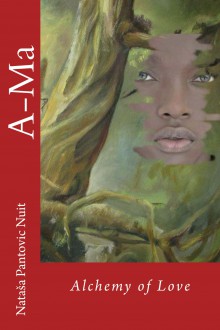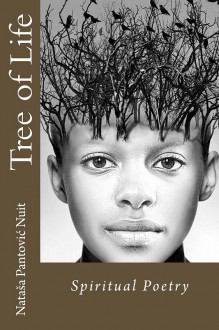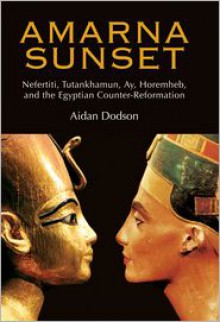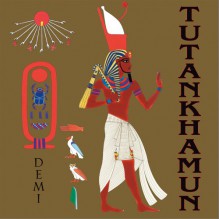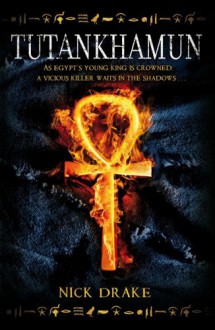
Reader: Clive MantelThe second book in the Rai Rahotep seriesUnabridged cassettesblurb - "Tutankhamun, The Book of Shadows," Nick Drake's much anticipated second episode featuring Medjay policeman Rahotep, is well worth the wait. Drake's foray into a familiar historical period (18th Dynasty of ancient Egypt) with the first, "Nefertiti, The Book of the Dead," clearly established himself as a viable--and worthwhile--author of historical police procedurals. In this episode, the young King Tut is relatively new as the leader of the Two Lands. Having ascended at around the age of eight, it is now some eight or nine years later. The government has been ruled by Ay, the regent, but a fierce struggle for power with the general of the armies, Horemheb, makes this novel indeed a relevant political novel as well. The intrigues mount, the pressure builds, and, alas, as this is a murder mystery, the bodies begin to pile up. Rahotep, officially the Seeker of Mysteries and chief detective of the Thebes Medjay (police), is called to investigate a particularly gruesome murder of a young boy. The clues left behind are not only puzzling but mysterious. Not long after, another body is found with additional clues. Rahotep sees a pattern and that pattern leads him to the royal family. Both the King and his Queen request his special help and attention, owing to his successes in the first book. From this point on, politics provides the foundation, as bitter--and deadly--rivalries begin to focus. The country has a young, untried, king and there are enemies within and without. It is a time of great confusion and frustration.What do we have here then? Wallander crossed with 'Gordianus the Finder' does Thebes in the shadow of those Amarna years and I love it big time. All the right ingredients for my pleasure, so give us some more Nick Drake.Note on author name - 'Nick Drake' was a musical poet in romantic/emo mode who committed suicide. 'Nick Drake' is very much an echo in Phil Rickman's works on Merrily Watkins. So did this author, who I can find no info on, choose this fauxnamn on purpose? and if so, what is he trying to convey to us readers?*shrug*Some folk just seem to want to weave a mystique around themselves. Add some magic mushrooms and you get this from the original suicifal Drake...Fame is but a fruit treeSo very unsoundIt can never flourish'till its stalk is in the groundSo men of fameCan never find a way'til time has flownFar from their dying dayBack to egypt - new testing means that Tut was son of The Younger lady - http://en.wikipedia.org/wiki/The_Younger_Lady_(mummy)Book Link (found by Wanda) http://contemporarylit.about.com/od/historicalfictionreviews/fr/Tutankhamun.htmI LOVED this Tut story and although other history-buffs will bandy theories and counter theories, then prod it all with a red lacquered fingernail or the mouthpiece of a tobacco pipe, it took me away into the land of adventure and intrigue in a time that I know a fair amount about. Smashing!But the end was duff hence only 3.5 stars.
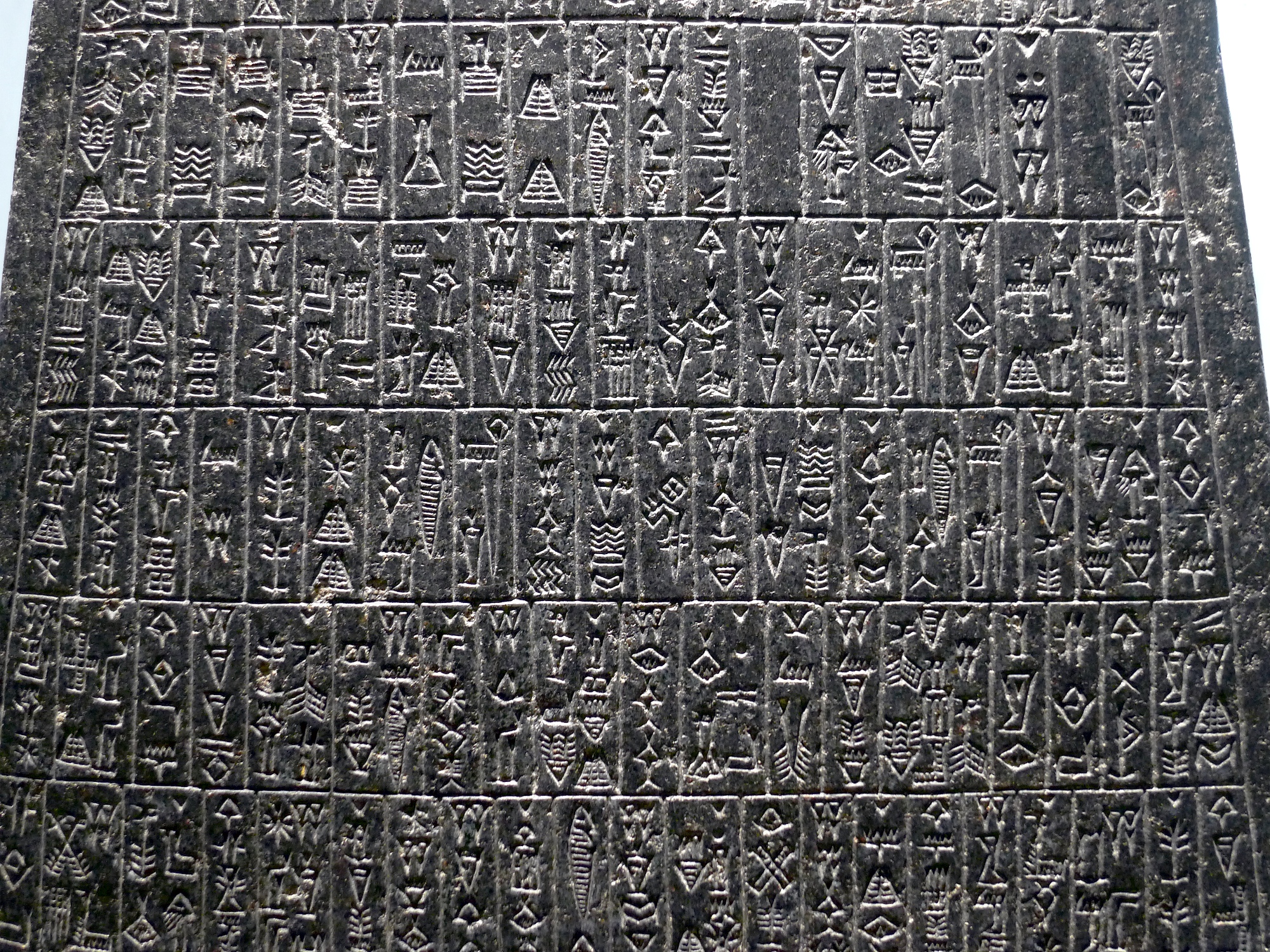

 Log in with Facebook
Log in with Facebook 
